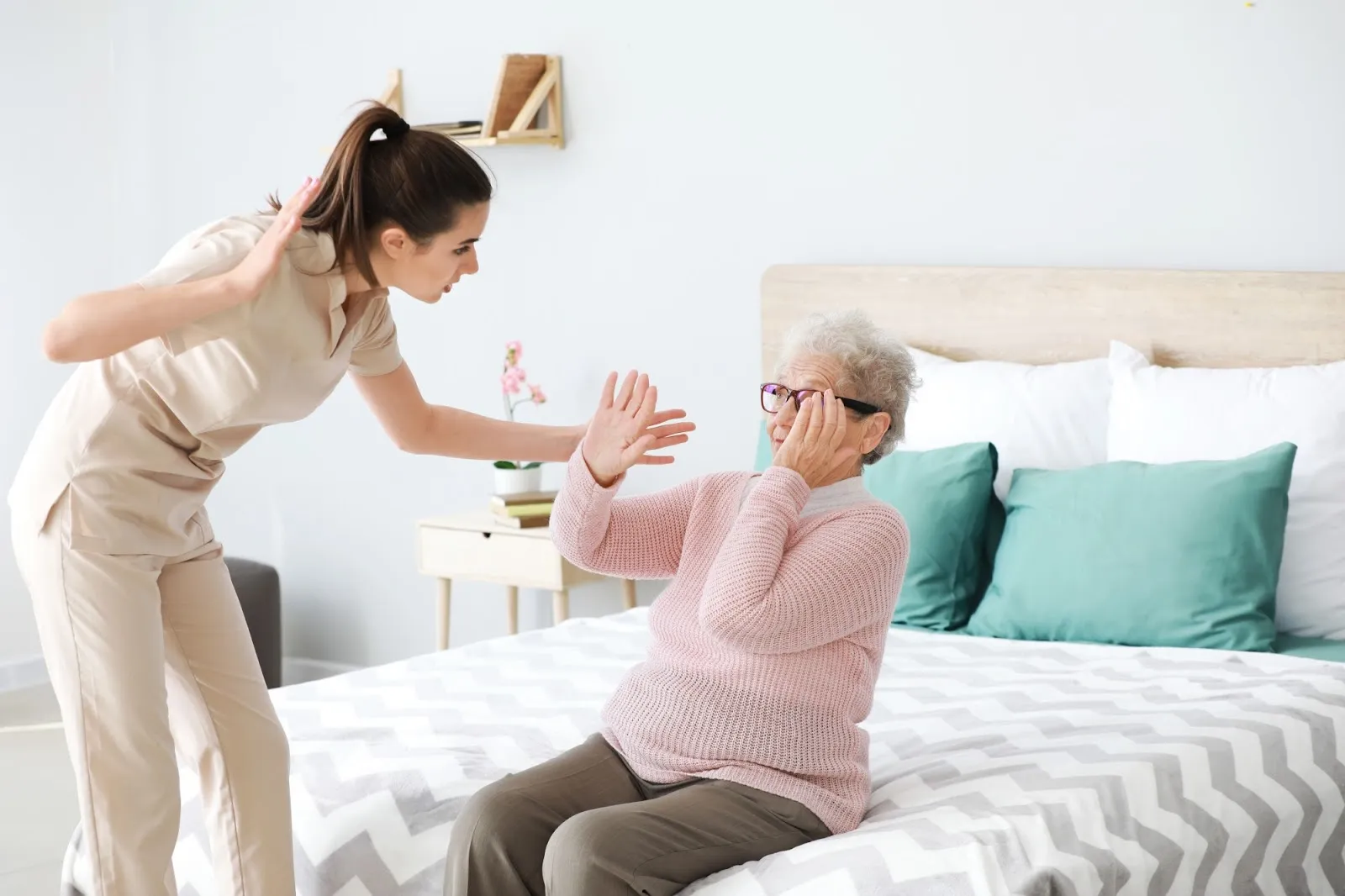In recent years, cases of nursing home abuse have slowly cropped up in local media. It has been identified as a pervasive issue affecting many elderly residents in care facilities. It is a gross betrayal of the trust put in by the residents and their families. In fact, nursing home neglect has been such a growing concern that it sees references in television and other media.
It’s essential to identify the exact form in which the nursing home abuse takes. That can not only help uncover abuse, but also identify remedial action. According to an Atlanta nursing home abuse attorney, it’s worthwhile to seek legal action as well…
Here’s a comprehensive run down of abuse that can occur at a nursing home, along with the legal options to counter it…
Physical Abuse
Physical abuse in nursing homes involves the intentional use of force that results in bodily harm, pain, or impairment to residents. This abuse can include hitting, slapping, pushing, or inappropriate use of restraints. Physical abuse can often be identified by unexplained injuries such as bruises, fractures, or burns.
Expert lawyers identify physical abuse by thoroughly examining medical records, interviewing witnesses, and analyzing incident reports. They may also work with medical experts to assess the nature and extent of injuries.
Sexual Abuse
Sexual abuse in nursing homes involves any non-consensual sexual contact or behavior with a resident. This abuse can include inappropriate touching, sexual assault, or harassment. Sexual abuse is often difficult to identify due to the victim’s fear or inability to communicate what happened.
Lawyers work to uncover sexual abuse by interviewing residents, staff, and family members. They may also examine medical records for signs of sexual trauma and collaborate with forensic experts to gather evidence.

Emotional Abuse
Emotional abuse, or psychological abuse, involves actions that cause emotional pain, distress, or fear to residents. This abuse can include verbal insults, threats, humiliation, or isolation. Emotional abuse can have long-lasting effects on a resident’s mental health and well-being.
Lawyers identify emotional abuse by speaking with residents and observing their behavior for signs of anxiety, depression, or withdrawal. They may also review facility records for complaints or incidents related to staff behavior.
Financial Exploitation
Financial exploitation occurs when a caregiver or staff member improperly or illegally uses a resident’s financial resources for personal gain. This abuse can include stealing money or possessions, forging signatures, or coercing residents into financial transactions.
Expert lawyers identify financial exploitation by examining financial records, bank statements, and power of attorney documents. They may also interview residents and family members to uncover unauthorized transactions or suspicious activities.
Neglect
Neglect in nursing homes involves the failure to provide necessary care and services to residents, leading to harm or discomfort. This neglect can include inadequate nutrition, poor hygiene, or lack of medical attention. Neglect can have serious consequences, including worsening health conditions, infections, or even death.
Lawyers identify neglect by reviewing medical records, facility policies, and staffing levels. They may also interview residents and staff to gather information about care practices. By addressing neglect, lawyers help ensure that nursing home residents receive the care and attention they need for their health and well-being.
If you have identified that your loved one is suffering in a nursing home due to abuse, it’s important to reach out to an attorney ASAP! These experts can leverage the legal method to identify evidence of wrong-doing. This way, evidence is documented before the erring parties can destroy it. Worry not! Your attorney can help you pursue appropriate legal action – from seeking a settlement to a complete litigation – to get the justice you and your family deserve.

